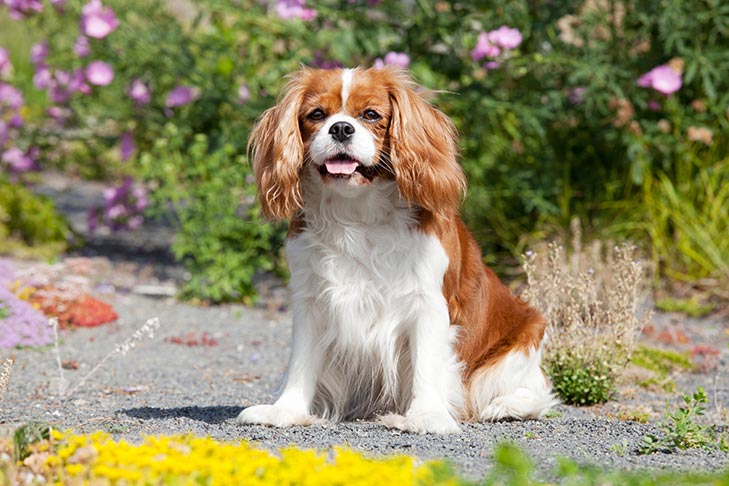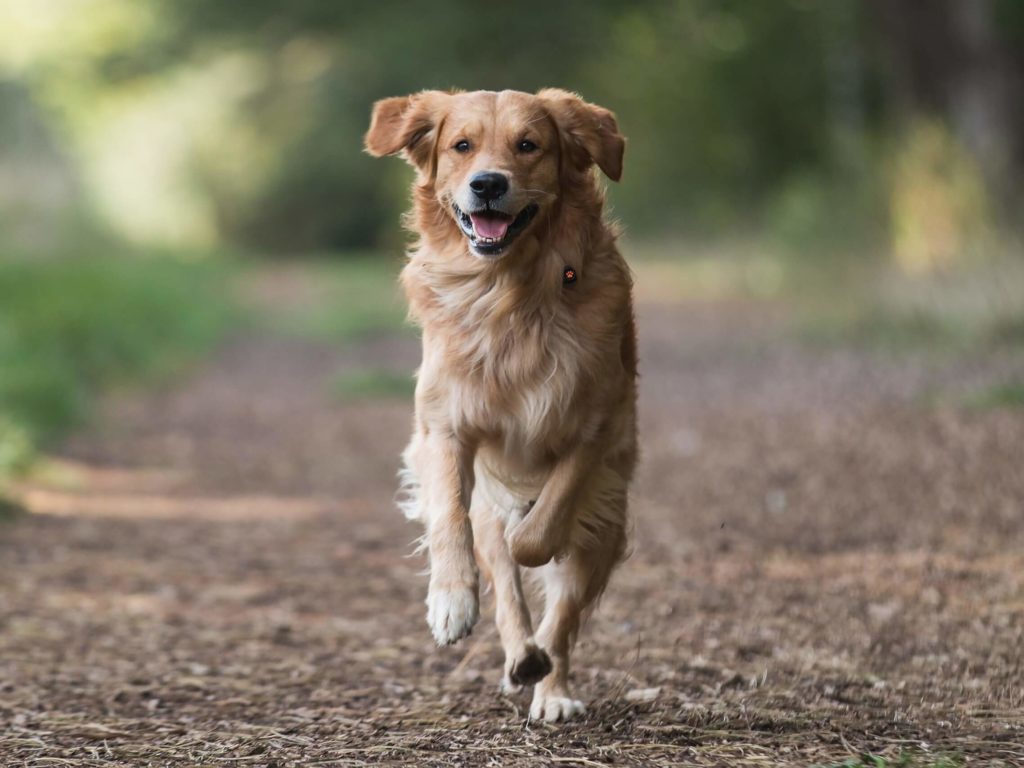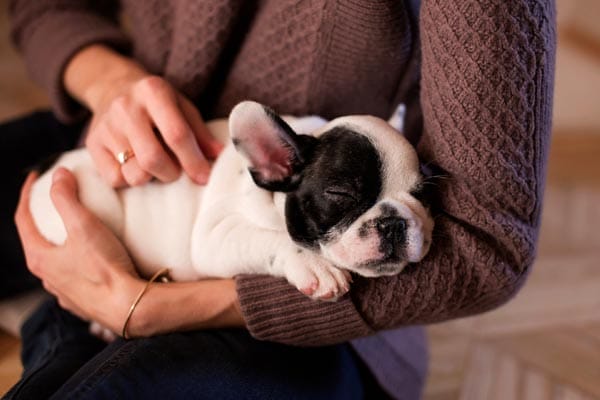You, the new dog owner, begin on a journey so grand, with a loyal companion by your side, walking hand in furry hand. From feeding to playing, and grooming with care, these vital tips will guide you, they’re beyond compare. With love and patience, and some training too, being a dog owner is a joyful hullabaloo!
Key Takeaways:
- Research, research, research: Before bringing a dog home, ensure you are well-informed about their breed, needs, and behaviors. This will help you understand your dog better and provide proper care.
- Establish routines: Dogs thrive on routines, so create a schedule for feeding, walking, playtime, and training. Consistency will make your dog feel more secure and help with behavior training.
- Provide love and attention: Dogs are social animals and crave companionship. Spend quality time with your dog, show them affection, and engage in activities that strengthen your bond.
Preparing Your Home
While getting a new furry friend is undoubtedly exciting, it’s important to ensure your home is a safe and welcoming place for your new companion. Dog-proofing your living space is the first step to take before bringing your new pet home.
Dog-Proofing 101
Your new dog may be curious and energetic, so ensure that your home is free of any potential hazards. Keep small objects, chemicals, and electrical cords out of reach to prevent any accidents. Consider installing baby gates to restrict access to certain areas and secure cabinets storing cleaning products or food. Be sure to remove any toxic plants from your indoor or outdoor space to keep your pet safe.
Setting Up a Comfortable Space
Preparing a comfortable space for your dog to rest and unwind is necessary for their well-being. Set up a cozy bed or blanket in a quiet corner of your home where your dog can retreat when they need a break. Make sure to provide food and water bowls in a designated area and consider creating a space with toys and chew items to keep them entertained.
It’s also helpful to establish a routine for feeding, playtime, and potty breaks to help your dog adjust to their new environment. Consistency and a sense of security in their own space will help your new furry friend feel at home in no time.
Choosing the Right Breed
Some say that choosing the right breed is the first step in your journey as a first-time dog owner. It’s important to consider various factors when deciding on the type of dog that will best fit your lifestyle and personality. Researching different breeds and considering your lifestyle are key steps in making this important decision.
Researching Different Breeds
One way to start is by researching different breeds to determine which one aligns best with your needs. Each breed has distinct characteristics that may impact training, exercise requirements, grooming needs, and temperament. Consider factors like size, energy levels, and any breed-specific health concerns to ensure compatibility.
Considering Your Lifestyle
Lifestyle plays a crucial role in selecting the right breed for you. If you lead an active lifestyle and enjoy outdoor activities, a high-energy breed like a Border Collie or a Labrador Retriever may be a good match. On the other hand, if you prefer a more relaxed routine, a smaller breed like a Bichon Frise or a Cavalier King Charles Spaniel might be a better fit.

Another important aspect to consider is the amount of time you can dedicate to your new furry friend. Some breeds require more attention, exercise, and grooming than others. Make sure to choose a breed that fits well with your schedule and the level of commitment you can provide.
Nutrition and Hydration
After bringing your furry friend home, you might be wondering about the best ways to keep them happy and healthy. One important aspect of your new pup’s well-being is their nutrition and hydration. Here are some tips to help you navigate this important aspect of caring for your dog.
Deciphering Dog Food Labels
One of the first things you should do as a new dog owner is to understand how to decipher dog food labels. The information on these labels can be overwhelming, but it is crucial to ensure that you are providing your dog with a balanced and nutritious diet. Look for labels that list a protein source, such as chicken or beef, as the first ingredient, and avoid foods that contain fillers or artificial additives.
Feeding Schedules and Portion Control
Feeding your dog on a regular schedule and controlling their portions is important for maintaining their health. Different dog breeds have varying dietary needs, so it’s important to consult with your veterinarian to determine the right feeding schedule and portion size for your pup. Consistency is key when it comes to feeding your dog, so try to establish a routine that works for both of you.
To enhance your pup’s dining experience, consider using interactive feeders or food puzzle toys to provide mental stimulation while they eat. This can also help prevent your dog from eating too quickly, which can lead to digestive issues.
Keeping Your Dog Hydrated
Your dog’s hydration is just as important as their nutrition. Make sure your pup always has access to fresh, clean water throughout the day. Dehydration can lead to serious health issues, so be mindful of your dog’s water intake, especially during hot weather or after exercise. If you notice your dog is not drinking enough water, try adding a bit of low-sodium broth to entice them.

Plus, remember that some foods, like dry kibble, may not provide enough moisture for your dog. Consider adding wet food or incorporating fresh fruits and vegetables with high water content into their diet to help keep them hydrated.
Health and Hygiene
Scheduling Veterinary Check-Ups
The key to keeping your furry friend healthy and happy is regular veterinary check-ups. Your veterinarian will ensure that your dog is up to date on vaccinations, check for any health issues, and provide you with valuable advice on maintaining your dog’s well-being.
Grooming and Bathing Essentials
For grooming and bathing, make sure you have the crucial supplies on hand. This includes a dog brush suitable for your pup’s coat type, dog-friendly shampoo, nail clippers, and ear cleaning solution. Regular grooming not only keeps your dog looking good but also helps prevent matting and skin issues.
Plus, grooming sessions provide a great opportunity to bond with your dog and can be a fun and rewarding experience for both of you!
Managing Fleas and Ticks
For effective flea and tick control, talk to your vet about the best preventive products for your dog. Regularly check your dog for any signs of these pesky critters, especially after outdoor adventures. Keeping your dog and their environment clean and using preventatives will help protect them from flea and tick infestations.
Grooming is not just about keeping your dog looking clean and tidy; it is also crucial for their overall health and well-being. Regular grooming allows you to check for any abnormalities such as skin issues, lumps, or ticks, helping you catch any potential problems early. So, grab your grooming kit and get ready to pamper your pooch!
Training and Socialization
Despite all the fun and love your new furry friend brings, training and socialization are vital parts of being a responsible dog owner. Here are some crucial tips to help you navigate this part of your journey with your pup.
Housebreaking 101
With housebreaking, consistency is key. Establish a routine for your dog to eat, drink, and go outside for potty breaks. Praise and reward your dog when they go to the bathroom outside to reinforce good behavior. Also, keep a close eye on your pup indoors and learn to recognize signs that they need to go out. Accidents will happen, but patience and a positive attitude go a long way in this training process.

Basic Obedience Commands
An important aspect of training your dog is teaching them basic obedience commands such as sit, stay, come, and down. These commands help establish you as the leader and create a harmonious relationship with your pet. Consistent practice in short sessions several times a day will help your dog understand and obey these commands.
To reinforce these commands, use positive reinforcement techniques like treats, praise, and affection when your dog follows the command correctly. Avoid punishment-based methods as they can lead to fear and mistrust between you and your pet.
Socializing Your Dog with Others
With socializing, expose your dog to various environments, people, and other animals from a young age. This helps them become well-adjusted and confident in different situations. Start with controlled introductions in a safe space and gradually increase the exposure as your dog becomes more comfortable. Regular socialization helps prevent fear and aggression issues later in your dog’s life.
It is crucial to supervise your dog during socialization and intervene if they show signs of fear or aggression. Recall, the goal is for your dog to have positive interactions and experiences with others, so make it a fun and rewarding process for them.
Safety and Emergency Preparedness
Preventing Escape Artists
On your journey as a first-time dog owners, you’ll quickly learn that some pups are skilled escape artists. To ensure your furry friend stays safe and secure, it’s imperative to invest in a sturdy leash and collar. Regularly check your fence for any holes or gaps that your curious pup might exploit. Additionally, consider microchipping your dog and putting identification tags on their collar, providing an extra layer of protection in case they manage to slip away.
Creating a Pet Emergency Kit
On your path to becoming a responsible dog owners, it’s crucial to have a pet emergency kit prepared for any unexpected situations. Your kit should include imperatives such as a pet first aid manual, gauze, bandages, antiseptic wipes, copies of your dog’s medical records, medications, and your veterinarian’s contact information. Store these items in a readily accessible location and make sure all family members know where the kit is kept.
Safety Tip: In addition to the supplies, it’s advisable to also pack some familiar items like your dog’s favorite toy or blanket to comfort them during stressful times.
Knowing What to Do in an Emergency
On your dog ownership adventure, it’s crucial to be prepared for emergencies. Familiarize yourself with common pet emergencies and how to handle them. Know the location and contact information of the nearest 24-hour veterinary clinic. In case of an emergency, stay calm, assess the situation, and contact your veterinarian or an animal emergency hotline immediately for guidance.
Emergency Tip: Bear in mind, your quick thinking and preparedness can make a significant difference in ensuring the safety and well-being of your beloved pet in challenging times.
Final Words
As a reminder, being a first-time dog owner can be a joyful but challenging experience. Remember to be patient, consistent, and committed to your furry friend’s well-being. By following these vital tips, you can create a strong bond with your dog, provide a loving home, and ensure a happy and healthy life together. Cherish every moment with your new canine companion, and may your journey as a dog owner be filled with love, laughter, and tail wags!

Q: What are important things to consider as a first-time dog owner?
A: As a first-time dog owner, it’s crucial to consider factors such as the breed of the dog, your lifestyle, the amount of time you can dedicate to your pet, and the financial responsibilities that come with owning a dog.
Q: How can I ensure the health and well-being of my new dog?
A: To ensure the health and well-being of your new dog, make sure to schedule regular veterinary check-ups, provide a balanced diet, engage in regular exercise, maintain proper grooming, and offer plenty of mental stimulation through toys and training sessions.
Q: What are some crucial tips for training and socializing my dog?
A: Essential tips for training and socializing your dog include using positive reinforcement, being consistent with commands, starting training early, exposing your dog to various environments and situations, and enrolling in obedience classes if needed.










